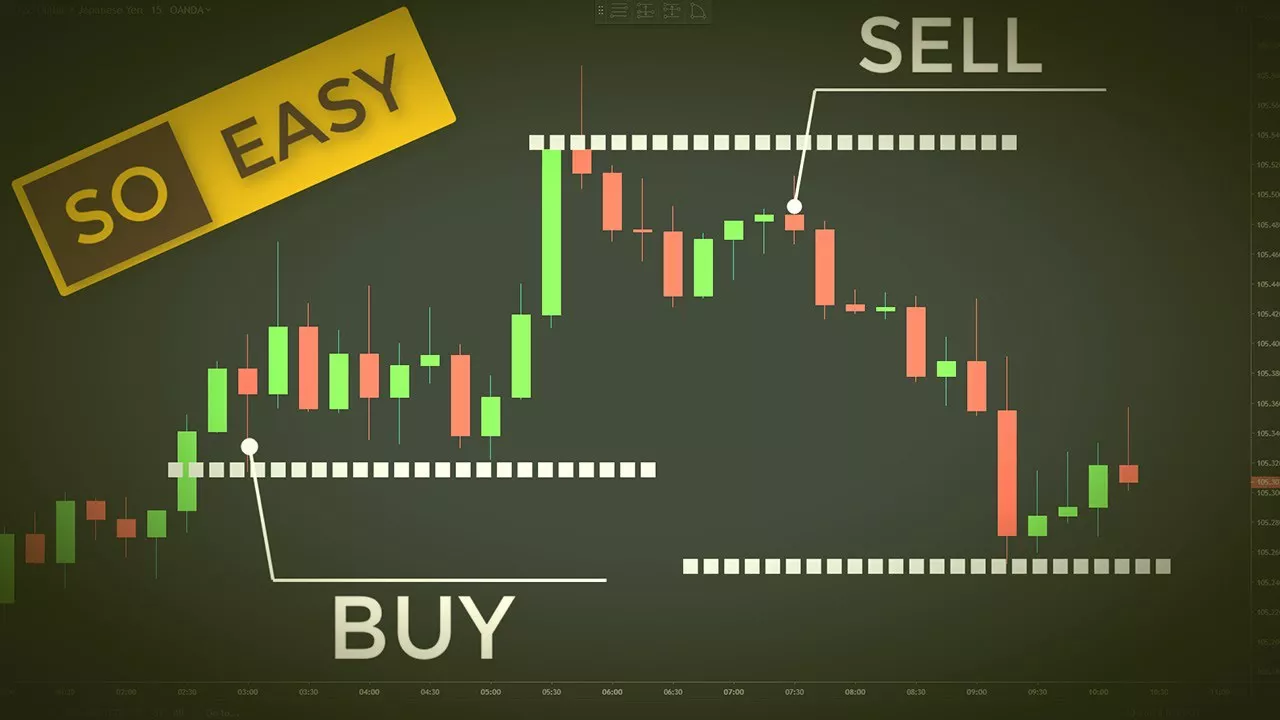Surge in ‘Ex-China’ Strategies as Tensions with the West Intensify
Investors are increasingly turning to emerging market funds that exclude China, despite a recent rally in Chinese stocks. Concerns over growing tensions between Beijing and Western nations are driving this trend, leading to a significant shift in global investment strategies.
Investment firms have reported a surge in demand for “ex-China” funds, as clients view the world’s second-largest economy as either too large or too risky to be managed alongside other developing nations like India. This marks one of the most significant changes in emerging markets investing in decades.
Franklin Templeton is the latest company to join this movement. On Tuesday, it launched an “ex-China” emerging markets fund, contributing to a class of funds that has seen a 75% increase in assets this year, now totaling over $26 billion, according to Morningstar data.
Growing Appetite for Exclusion of China
“When investors want to avoid a particular sector or region, the industry responds,” said Michael Field, European equity strategist at Morningstar. “This is especially true for funds excluding China.”
Despite China’s status as the largest emerging market, representing a quarter of the MSCI index for developing-economy stocks, its influence has declined. The country’s share in the index is down from a peak of over 40% during the pandemic, but it still dominates many portfolios, leaving investors concerned about overexposure and geopolitical risks.
As tensions between China and Western nations escalate, many investors are carving out Chinese stocks from broader emerging market portfolios. This allows them to focus more on economies like India and Taiwan. Naomi Waistell, portfolio manager at Polar Capital, which also offers an ex-China fund, described this as creating “a new asset class.”
China’s Stimulus Measures Not Enough
Despite recent stimulus measures by Beijing that boosted Chinese stocks, investors remain cautious. “China’s volatile market has become a gamble on the extent of government intervention,” Waistell noted. “It carries unique risks that require specialized management.”
The rise of ex-China equity funds is reflected in their net inflows, which have reached $10 billion this year, according to JPMorgan. This figure surpasses the total amount invested in broader emerging market funds. Morningstar data shows that the number of these funds has nearly doubled in the last two years, now reaching 70 globally.
Political Risks and Memories of Russia
Some investors are wary of potential future sanctions against Chinese companies, particularly in light of the collapse of Russian investments after Moscow’s invasion of Ukraine. European countries have imposed restrictions on Chinese entities accused of supporting Russia’s war effort, and the U.S. has proposed limiting investments in parts of China’s tech sector.
BlackRock CEO Larry Fink recently stated at a conference in Berlin that China is the “biggest supporter” of Russia, adding that this issue “must be discussed.” Political concerns are particularly prevalent among U.S. investors. Large pension funds have cut their exposure to China, citing national security risks.
Last year, trustees of the Missouri State Employees’ Retirement System voted to divest from Chinese stocks. Vivek Malek, the state treasurer, emphasized that “investments in China carry a level of risk that contradicts the interests of our retirees.”
In Florida, Governor Ron DeSantis signed a law requiring the state’s investment board to sell its direct holdings in China. “We must ensure that foreign adversaries like China have no foothold in our state,” DeSantis said.
U.S. vs. European Views on China
Political motivations for avoiding China are primarily concentrated among U.S. investors. Thomas Schaffner, who manages emerging market stock funds at Swiss asset manager Vontobel, commented, “U.S. investors tend to view China more negatively, while Europeans adopt a more pragmatic, middle-ground approach.”
However, some question whether excluding China from emerging market portfolios is enough to mitigate political risks. Yves Choueifaty, founder of TOBAM, a manager that focuses on reducing “autocracy risk” in investments, warned that even companies in developed economies with significant exposure to China could pose risks.
“Russia and China are similar in terms of political risk, but the scale of exposure to China is much larger,” Choueifaty explained.
As tensions between China and the West persist, the demand for ex-China funds is likely to continue rising, offering investors an alternative way to navigate the complexities of global markets.
Related topics:





























